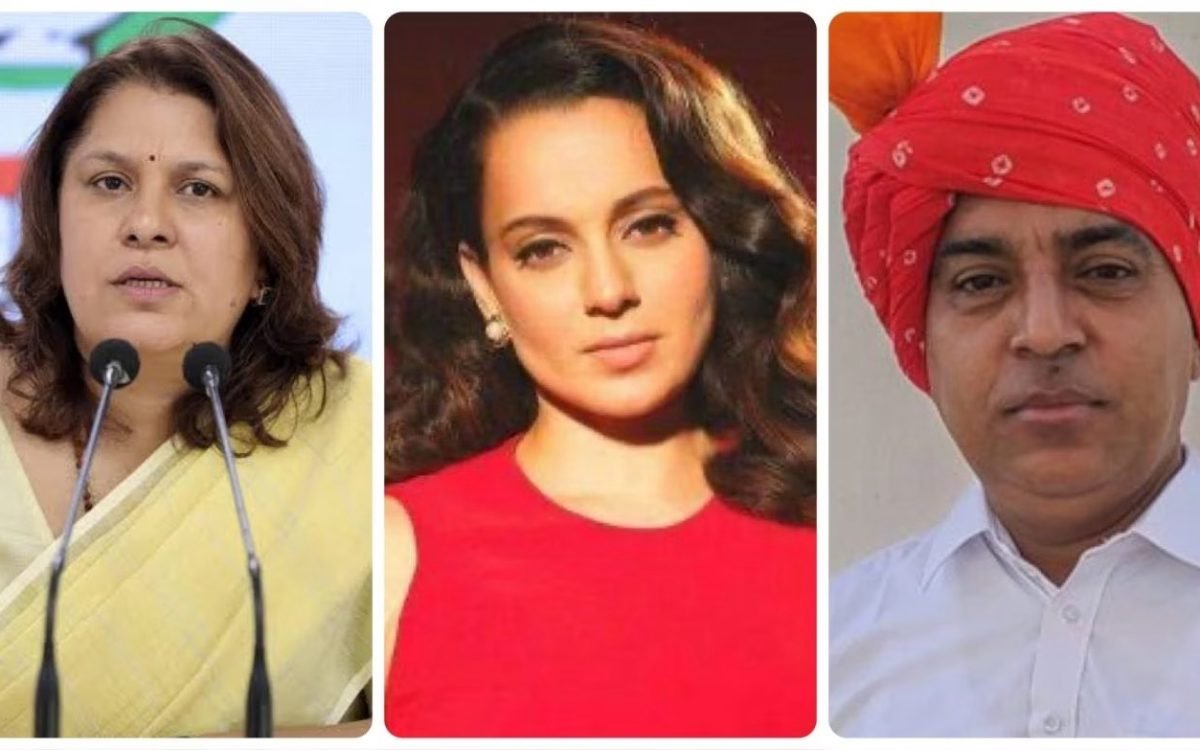In a recent wave of controversy engulfing the Indian political landscape, Congress leader Supriya Shrinate found herself embroiled in a heated debate over a sexist remark directed at Bollywood actor Kangana Ranaut. Shrinate’s now-deleted post on Instagram, where she made a suggestive comment about Kangana Ranaut’s ‘rate’ in relation to the political arena, sparked outrage and demands for accountability.
The saga continued with Shrinate’s attempt to shift blame onto an alleged team member with access to her accounts, failing to quell the uproar. Critics questioned the authenticity of her claims, highlighting the ultimate responsibility that politicians and public figures bear for the content shared under their name, regardless of who has access to their accounts.
The striking similarity in language and tactics employed by Shrinate and her colleague, H.S. Ahir, further fueled suspicions of a coordinated effort to discredit Kangana Ranaut. This cast doubt on the sincerity of their apologies and attempts at damage control, as calls for transparency and genuine accountability resonated louder than ever.
Ultimately, the controversy serves as a stark reminder of the power and pitfalls of social media in the political arena. In an age where every post and tweet carries weight, leaders must exercise caution and integrity in their online interactions, lest they risk tarnishing their reputation and credibility in the eyes of the public. Only time will tell whether Shrinate, Ahir, and others embroiled in similar controversies can weather the storm and emerge unscathed, or whether accountability will prevail in the court of public opinion.









